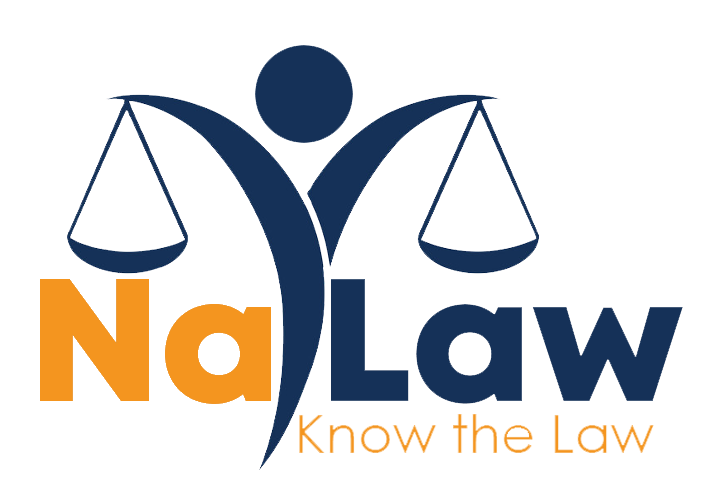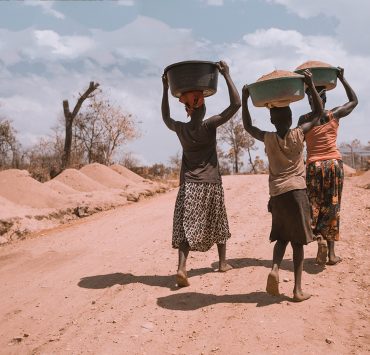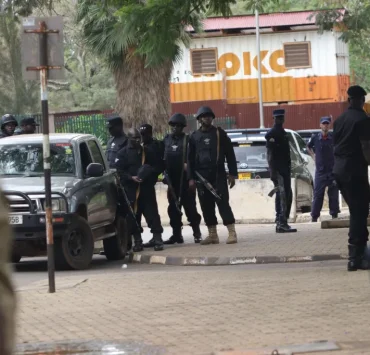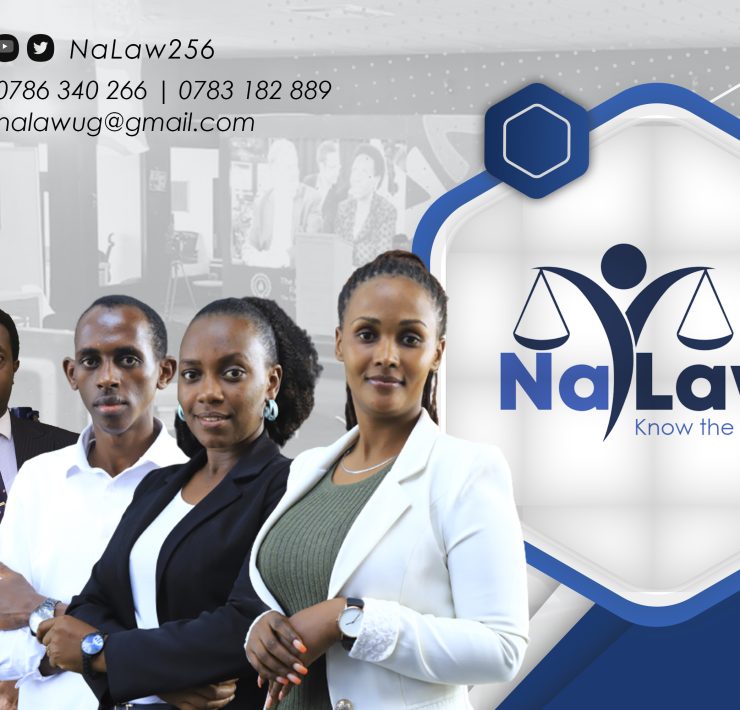CHILDREN’S RIGHTS AND WELFARE IN UGANDA
Children are among the most extensively protected groups under international conventions, national constitutions, and government policies worldwide. According to both international treaties and Uganda’s Constitution, a child is defined as any person under the age of 18. This definition is crucial for determining children’s rights and their legal capacity to enter binding agreements such as contracts and marriages.
Fundamental Rights of Children
Children are entitled to a range of fundamental rights, including but not limited to:
- The right to live with a parent or guardian.
- Freedom of expression and access to critical information.
- Protection from violence, abuse, and neglect.
- The right to inherit property.
- The right to safety, privacy, and access to essential social services.
- Freedom from discrimination.
- Legal aid and representation in civil, criminal, and administrative proceedings.
- Freedom of association and protection from harmful cultural practices.
The Welfare Principle in Decision-Making
Whenever a person or authority is tasked with determining a child’s welfare, the paramount consideration is the best interests of the child. This welfare principle includes factors such as the child’s wishes and feelings, physical and emotional needs, age, gender, background, and educational requirements. The principle is deeply enshrined in the United Nations Convention on the Rights of the Child and Uganda’s Children Act.
Legal Representation and Court Procedures
Children are generally considered incapable of making legally binding decisions. Therefore, they must be represented by a responsible adult—typically a parent, guardian, or next of kin appointed by the court. Special legal procedures apply when children come into contact or conflict with the law. The Children’s Act establishes Family and Children’s Courts in every district, presided over by a Magistrate Grade 1. These courts conduct informal, private proceedings that are less rigorous than conventional legal processes.
Child Employment Laws.
Child labor is regulated under the Children’s Act and the Employment Act to prevent exploitation. The employment of children is permitted only under strict conditions:
It is illegal to employ a child below the age of 12.
- Children between 12 and 14 may engage in light work under adult supervision.
- Children are prohibited from working in hazardous conditions or night shifts.
- Enforcement and Protection
- Ensuring children’s rights requires vigilance from both authorities and community members. Each district has a probation and social welfare officer responsible for:
- Investigating child rights violations.
- Supervising court-ordered care arrangements.
Preparing welfare reports on custody, guardianship, and child maintenance.
Despite these structures, enforcement faces significant challenges. Many people fail to report child abuse due to apathy, ignorance, or cultural beliefs that discourage interference in family matters. As a result, many children continue to suffer in silence. Additionally, lack of access to justice and limited awareness about their rights leaves children vulnerable. Some officials dismiss certain violations as minor, further hindering effective enforcement.
Addressing Adolescent Neglect
Adolescents aged 15 to 18 often face neglect due to the cultural perception that they are old enough to bear responsibility for their actions. This neglect has led to increased cases of defilement, child marriages, teenage pregnancies, and other preventable violations. Failure to address the unique challenges faced by adolescents perpetuates harmful practices like child marriages, creating a cycle of intergenerational violations.
Necessary Reforms
To enhance child welfare protection, the full inclusion and participation of children in policy discussions are essential. While adults may articulate children’s issues, they may also overlook key generational concerns, leading to ineffective policies that fail to address children’s lived realities.
The National Children Authority, which is mandated to oversee children’s welfare, is largely ineffective due to underfunding and lack of visibility. Its powers should be revised to grant it quasi-judicial authority, enabling it to prosecute and punish violations. Adequate government funding is also crucial to expanding its reach and ensuring broader access to justice.
Furthermore, adolescent issues must be comprehensively addressed by responsible authorities. Ignoring their concerns will only perpetuate harmful cycles, such as child marriages and teenage pregnancies. Without targeted interventions, these issues may become normalized, contradicting Uganda’s commitment to upholding international child protection standards.




